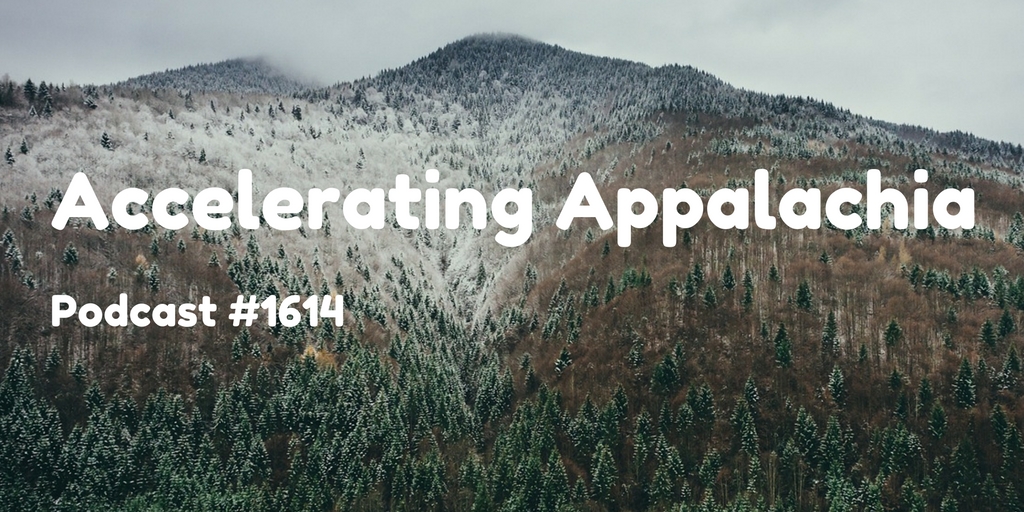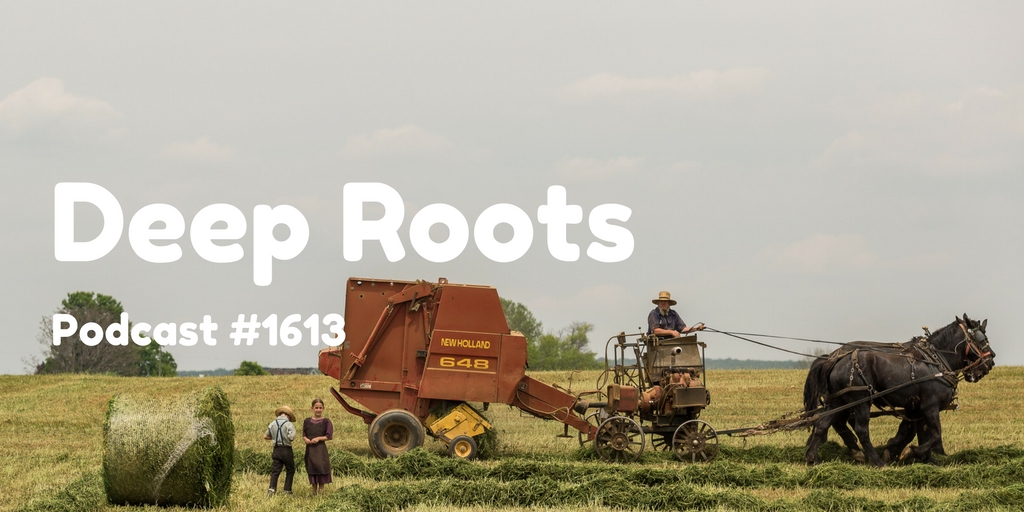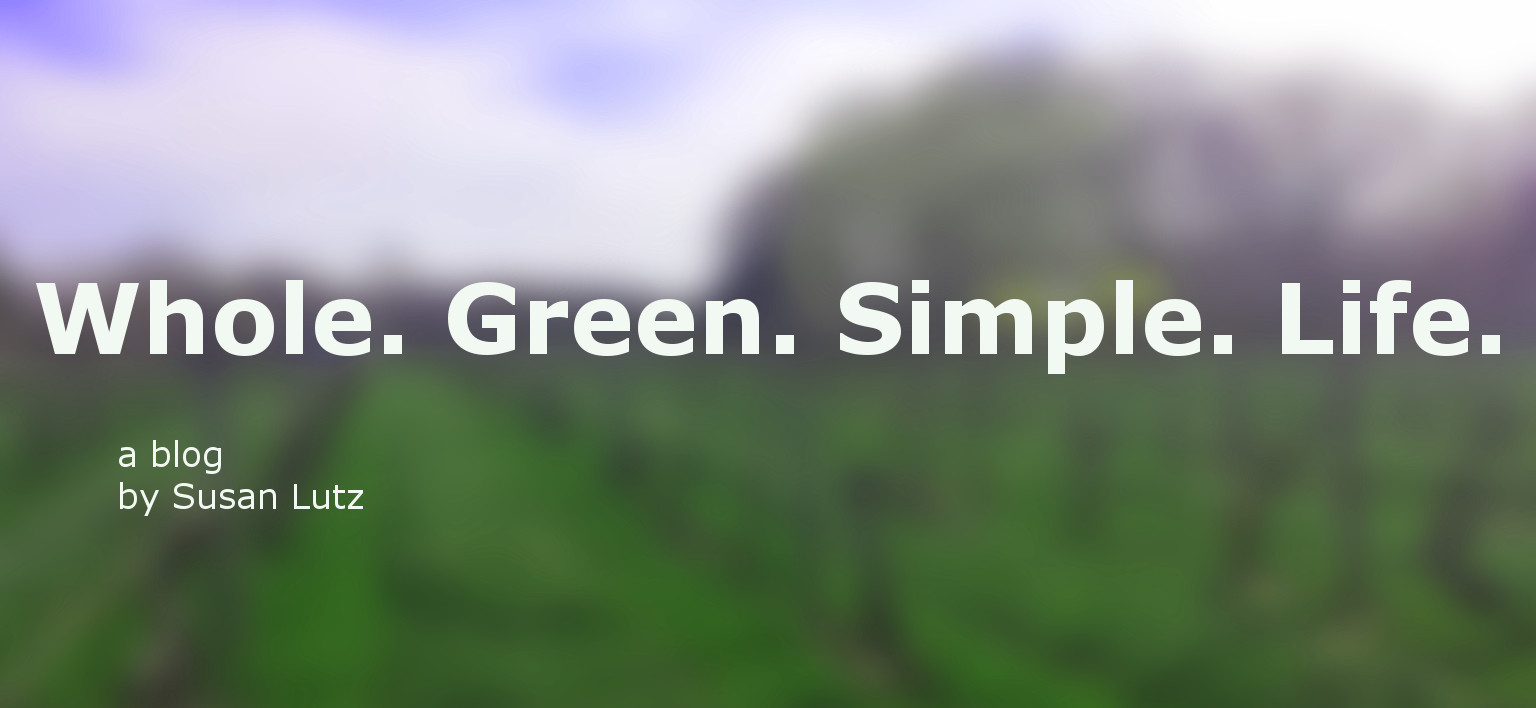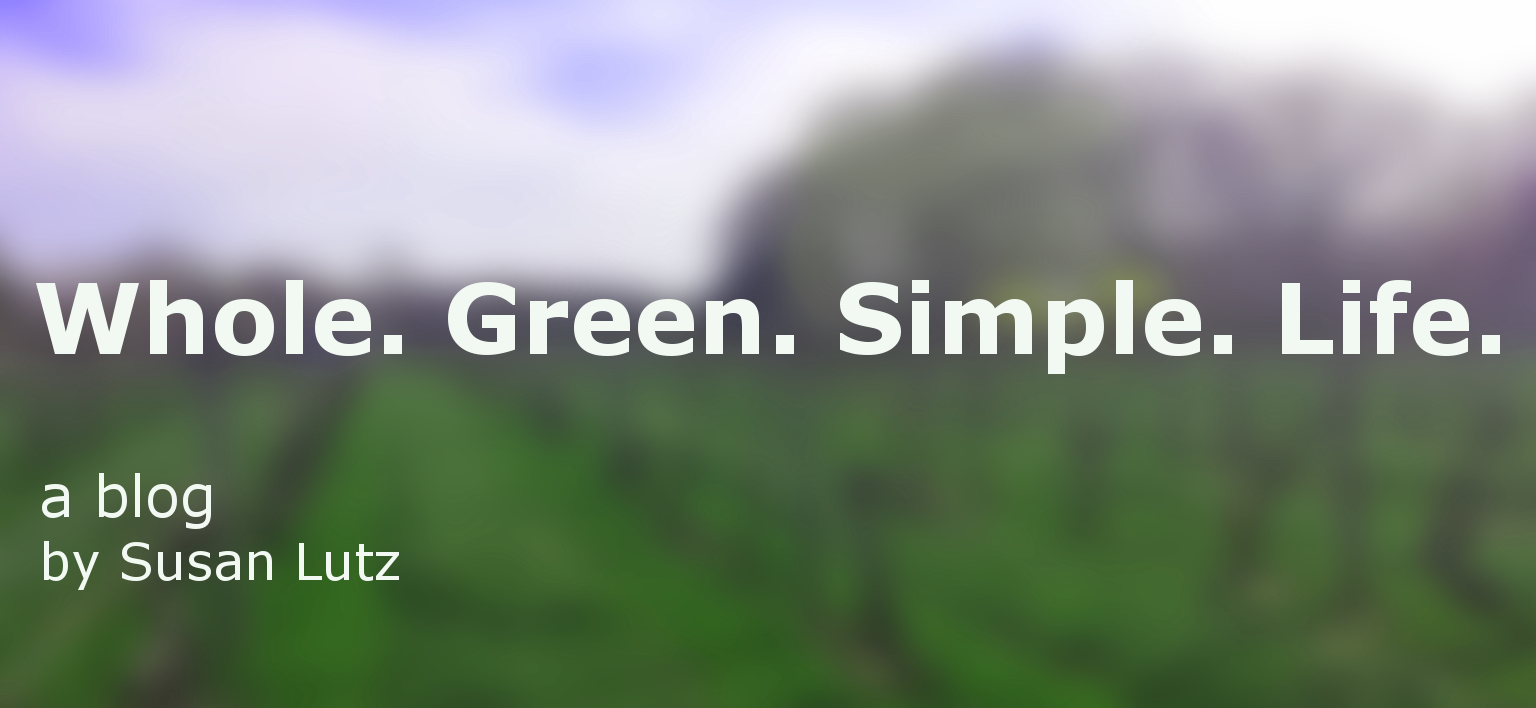The current pandemic has highlighted problems with our food system, as food waste and food insecurity must be addressed more than ever. On this show Green Divas Meg, Max, Lisa and Elly delve into topics about food, how to get fresh food to communities in need, and how Community Gardens help in that area. We also discuss the need to build your immune system in the era of COVID, the Drawdown Project (drawdown.org), cows emitting methane (and no, it’s not cow farts), and the importance of growing your own food. Guest Dr. Susan Rubin talks about teaching children to garden, food pantries, gorilla gardens which helped start the Community Garden movement, and more. Check out the 50 Shades of Green Divas Podcast on Spotify, Buzzsprout, Stitcher, Apple Music, iHeart, and HudsonRiverRadio.com. Ask Alexa or Siri to play The Green Divas podcast, and check out the webpage thegreendivas.com
Category: Education
1804 Before the Flood with Green Dude Fisher Stevens talking about Climate Change and Leonardo DiCaprio
This episode of Green Dudes features Fisher Stevens, Academy Award winner for the documentary film, The Cove, and a wonderful actor and activist. He directed the Eco-documentary, Before the Flood, which follows Leonardo DiCaprio as he meets with activists, scientists and world leaders to discuss the dangers of climate change and possible solutions. Green Diva Meg chats with Fisher about the film. I met Fisher Stevens at a screening of the documentary at the Jacob Burns Film Center in Pleasantville, NY, and we talked about the movie, and briefly discussed how important it is to get the message out to all Earthlings, that we must be proactive in pushing forward ideas and solutions, to make the planet a cleaner and healthier place to live. For more info go to beforetheflood.com, thegreendivas.com, tweet us @50ShadesofGDs, @TheGreenDivas, @tmshadesofgreen, @BeforeTheFlood_ #BeforeTheFlood
1713 Project Farmhouse, GrowNYC with guest Amanda Gentile
Our guest this week on 50 Shades of Green Divas is Amanda Gentile of GrowNYC. We discuss Project Farmhouse, a beautiful new LEED certified facility, which brings farming and sustainable education into the heart of NYC. The space contains a full kitchen, conference area, and it has a Green Hydroponic wall which contains freshly grown herbs and greens. Amanda explains the importance of this new facility, and the need to educate citizens of NYC and beyond, about healthy eating, being more sustainable and practicing the three Rs (reduce, reuse and recycle) within one’s daily routine. Changing our habits just a little bit will make Mother Nature and all Earth’s creatures breathe easier.
For more information go to: projectfarmhouse.org, grownyc.org and thegreendivas.com. Tweet us your thoughts @tmshadesofgreen
1708 Population Does Matter
Population does matter. The Earth cannot continue to produce the resources needed to keep both humans and the animal kingdom alive and well without changing our behavior. Tune in to 50 Shades of Green Divas (thegreendivas.com) and The Many Shades of Green (themanyshadesofgreen.com), and check out our conversation with guest Robert Walker, President of The Population Institute, as we talk about issues of population. For more information go to populationinstitute.org. #PopulationDoesMatter
#1622 Holiday Show, Comfort and Joy (Rose), Motherhood, Token Bros, Merry, Merry!
This week’s episode of 50 Shades of Green Divas/The Many Shades of Green is our holiday special, and it features Joy Rose, founder of the Museum of Motherhood, the Mamapalooza Festival, the Moms Who Rock movement, and music from the band Housewives on Prozac. Green Diva Meg and I bring you holiday cheer, a tune from The Tokens, and some post election thoughts. We discuss the importance of raising one’s voice to be proactive, so that we can help mend the divisions within our nation. So have a Merry, Merry and a Happy 2017! For more info go to mommuseum.org, thetokens.com, thegreendivas.com and themanyshadesofgreen.com. Wishing everyone Peace, Love and Understanding……
#1617: Green Sex For Climate’s Sake
Green Sex for Climate’s Sake (Yes, Green Sex is a shade of green)
There is no single solution for climate change…but separating sex from childbearing represents an under appreciated opportunity to forestall climate disaster…for the climate, family planning’s potential benefits are profound.
Those are the words of my guest this week, Alisha Graves, who is the co-founder of the OASIS Initiative (a project of UC, Berkeley which focuses on reducing population growth and poverty in the Sahel region of Africa). Her recent article, “Green Sex for Climate’s Sake,” debates the link between carbon emissions and population, and the need to educate young women, as well as young men, about contraception, family planning and health. For more information go to: oasisinititative.berkeley.edu and projectdrawdown.org.
[soundcloud url=”https://api.soundcloud.com/tracks/282756262″ params=”color=ff5500&auto_play=false&hide_related=false&show_comments=true&show_user=true&show_reposts=false” width=”100%” height=”166″ iframe=”true” /]
1614: Accelerating Appalachia
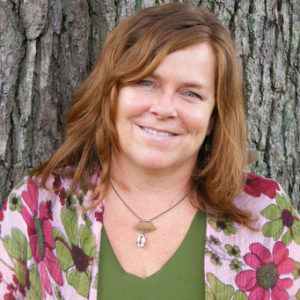 My guest this week is Sara Day Evans, Founder of Accelerating Appalachia, which provides social and economic assistance to nature based and local businesses in the vast region of Appalachia, which spans 12 states and has a population of 25 million people. It is one of the most bio-diverse regions on the globe, and new businesses that are based on food, farming and forests are providing jobs and promoting sustainability. Nature Based Businesses (NBB’s) are part of a movement to protect the earth, and maintain the beauty of the Appalachian region. To quote Ms. Evans “My advice to someone thinking of starting an accelerator or a business is this: Be resilient, stubborn, and focused, and love what you do.” For more info go to acceleratingappalachia.org
My guest this week is Sara Day Evans, Founder of Accelerating Appalachia, which provides social and economic assistance to nature based and local businesses in the vast region of Appalachia, which spans 12 states and has a population of 25 million people. It is one of the most bio-diverse regions on the globe, and new businesses that are based on food, farming and forests are providing jobs and promoting sustainability. Nature Based Businesses (NBB’s) are part of a movement to protect the earth, and maintain the beauty of the Appalachian region. To quote Ms. Evans “My advice to someone thinking of starting an accelerator or a business is this: Be resilient, stubborn, and focused, and love what you do.” For more info go to acceleratingappalachia.org
[soundcloud url=”https://api.soundcloud.com/tracks/277704547″ params=”color=ff5500&auto_play=false&hide_related=false&show_comments=true&show_user=true&show_reposts=false” width=”100%” height=”166″ iframe=”true” /]
Deep Roots
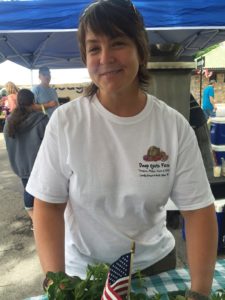 What do organic tomatoes, horn worms and Olympic figure skating legend Dick Buttons have in common? To find out, tune into this week’s show, as Allison Turcan, Stormie Velarde-Hamill and Scott O’Rourke of Deep Roots and DIG Farms, discuss what it takes to run a suburban farm. Learn about WOOFING, and no it doesn’t involve dogs howling, as well as what the difference is between organic and certified organic products. We chat about creepy, crawly and utterly gross worms which attack tomatoes and turns them truly rotten. Local farms supply the booming green markets in the NY metro tri-state area, and Scott, Allison and Stormie are not only growing amazing produce, they are working with kids, via food literacy programs, to educate them about growing delicious and healthy food. For more info go to facebook.com/DIGFarm
What do organic tomatoes, horn worms and Olympic figure skating legend Dick Buttons have in common? To find out, tune into this week’s show, as Allison Turcan, Stormie Velarde-Hamill and Scott O’Rourke of Deep Roots and DIG Farms, discuss what it takes to run a suburban farm. Learn about WOOFING, and no it doesn’t involve dogs howling, as well as what the difference is between organic and certified organic products. We chat about creepy, crawly and utterly gross worms which attack tomatoes and turns them truly rotten. Local farms supply the booming green markets in the NY metro tri-state area, and Scott, Allison and Stormie are not only growing amazing produce, they are working with kids, via food literacy programs, to educate them about growing delicious and healthy food. For more info go to facebook.com/DIGFarm
[soundcloud url=”https://api.soundcloud.com/tracks/277370184″ params=”color=ff5500&auto_play=false&hide_related=false&show_comments=true&show_user=true&show_reposts=false” width=”100%” height=”166″ iframe=”true” /]
Get the Lead Out
By Susan Lutz
Tests came back from our school’s water samples. The results indicated elevated levels of lead and copper in faucets throughout the system. Drinking fountains were shut off; signs posted. Our school initiated testing, something they did voluntarily. Many samples were “first draws,” from the water sitting in the faucets during the night. Fixing water supplies is a difficult and expensive task. I threw extra water bottles for my son into his backpack. He’d been in some of the rooms that tested positive. Water fountains are located right in many of the rooms. He loves drinking fountains. I’ve watched kids saunter up to fountains after a good romp on the playground. They are empowered, quenching their thirst on their terms and rewarding their body and mind for a job well done. Clear and cold, the water tasted great and at the same time, full of toxins.
Flint, Michigan. Once the words meant simple a town, now they spell a disaster. Many schools around the country report problems with their water supply. Old buildings mean aging pipes. Schools struggle with budgets to keep up everything from teachers to infrastructure. The story in Flint raised a flag of the dangers in our waters supply across the country.
I’ve always worried about toxins in water. When I lived in Central America, water was checked for the levels of cockroach droppings in it. Chlorine was a regular addition to many water supplies. I tried keeping up with buying bottled water, but news reports showed even that supply was tainted, and, the price kept going up. Bottled water adds yet another dimension to the environmental impact that fills the land with plastic. Many of the brands of bottled water are not better than the water from the tap and the cost can be 2000 times more than tap water. Yet, now what? Does bottled water now return as our water source? What do we do?
My son runs to a water fountain with such glee. The water flies out, and he takes a sip. I can’t always stop him. Even in school, signs are posted to not drink out of certain fountains. My child can’t read those yet. At the library, the shopping center, or any other public places, water now makes me worry. We make messes that become so hard to clean up. From the little plastic, disposable coffee K-cup, to the use of plastic bags, to glow-in-the dark plastic wands, I have a choice to consume these or not. Though not always easy to avoid, I feel maybe I have a fighting chance. With water, however, we as a nation must deal with it. We start with schools, and then we must move on to open our eyes and not ignore the problem that most likely is flowing everywhere we drink.
Women Farmers Turn Over the Land with Success
By Susan Lutz
The roles of farmers often seem to go to men. Perhaps rooting from generations of roll assignments – the men work the land, the women raise the children and support their husbands. My family’s roots stretch back to farming. I remember the stories of my grandmothers supporting their husbands, doing the chores, and feeding the family and the extra farm hands. Without these women, the farms wouldn’t run. As times change, the farm is changing, too.
Organic lifestyles are creating demands for less pesticides, more local crops, and food grown without GMOs. Farms used to rely on the next generation of children, usually the son, to step up and take over. As large corporations took over acres, they created a mass production and marketing system and small farms couldn’t compete. We watched family farms collapse in the ’80s. Today, women are finding ways to farm with new insight and success.
The US Department of Agriculture reports that, beginning in the 1980s, women farmers were the “fastest-growing sector of the country’s changing agricultural landscape” and they will continue to be well into the next 25 years. The number continues to rise and women farmers are gaining visibility. The economic challenge for farmers has shifted from the tradition of turning the farm over to their children, especially to the boys, to the unknown. Many families turn away from the farm for work, but today more girls and women are choosing to stay. Some enter farming for reasons such as wanting to raise children in the rural lifestyle while others may see it as a profitable way to live. Some simply want to promote organic living. Some women choose sustainable farming and some undertake a larger scale.
Where does a woman, either working alone or with a partner, turn for resources? The growing number of women farmers has created new opportunities in education, management, production, and financial resources. The Internet, blogging, and social media have opened up a new avenue of community to women farmers. With a quick click, any woman can look up how to attack a cucumber beetle without pesticides or when the best time to plant a certain crop is, and they can share stories and develop friendships with other farmers.
Women are taking back the earth. Not from men, but together as partners. My grandmother and grandfather left the farm even before the economy suffered. Over time they gravitated closer to factories and industries offering steady pay. I wonder, if the resources today were available to them, would they have had a chance to grow their farm and adapt with help rather than flee in the hopes of just staying alive and making ends meet. The organic movement is so important to so many women I know. One farm at a time, we may see the land and its caretakers turn over a whole new leaf.
1602: Slick Water
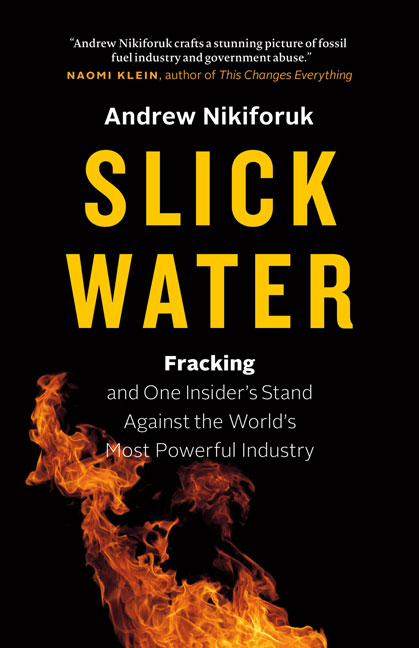 It is no secret that mainstream media coverage of environmental issues is slow-moving, and many stories go un-reported in the press. Climate change deniers spout their ideology with reckless abandon. Enter my guest this week, Andrew Nikiforuk, an award winning environmental writer based in Calgary, Canada, who has written a new book about the hydraulic fracturing industry entitled Slick Water: Fracking and One Insider’s Stand Against the World’s Most Powerful Industry. The book traces the saga of Jessica Ernst, and the path she takes to hold Encana Oil and Canada’s environmental government agencies, responsible for secretly fracking hundreds of gas wells around her home, in a rural area northeast of Calgary. A cover-up ensues, which leads Ms. Ernst to take legal action against the various parties for their role in contaminating land, water and air in her community. For more information andrewnikiforuk.com and to amazon.com to check out his new and older works.
It is no secret that mainstream media coverage of environmental issues is slow-moving, and many stories go un-reported in the press. Climate change deniers spout their ideology with reckless abandon. Enter my guest this week, Andrew Nikiforuk, an award winning environmental writer based in Calgary, Canada, who has written a new book about the hydraulic fracturing industry entitled Slick Water: Fracking and One Insider’s Stand Against the World’s Most Powerful Industry. The book traces the saga of Jessica Ernst, and the path she takes to hold Encana Oil and Canada’s environmental government agencies, responsible for secretly fracking hundreds of gas wells around her home, in a rural area northeast of Calgary. A cover-up ensues, which leads Ms. Ernst to take legal action against the various parties for their role in contaminating land, water and air in her community. For more information andrewnikiforuk.com and to amazon.com to check out his new and older works.
[soundcloud url=”https://api.soundcloud.com/tracks/243224837″ params=”color=ff5500&auto_play=false&hide_related=false&show_comments=true&show_user=true&show_reposts=false” width=”100%” height=”166″ iframe=”true” /]
1601: Green Diva Meg
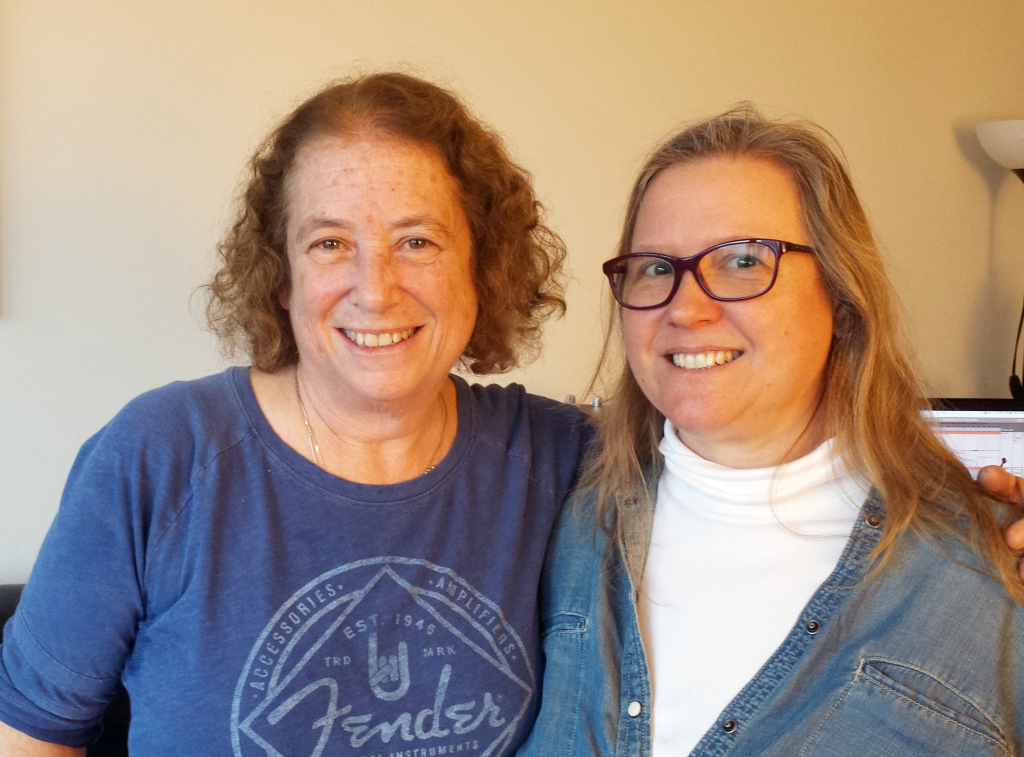 Ladies of green radio are kindred spirits who are working hard to make sustainable living an integral part of everyday life. So it is fitting that my guest this week, Megan McWilliams, a/k/a Green Diva Meg and I discuss the importance of grassroots green radio. Meg is the founder, producer and host of the Green Divas Radio show and podcast. She works to amplify the voice of green reason, and throws in humor and compassion to spread the eco message. I am happy to be a part of the Green Divas Radio Network, and I can proudly call myself Green Diva Max. Hail to all the ladies of green media! For more information go to thegreendivas.com and/or GDGDRadio.com
Ladies of green radio are kindred spirits who are working hard to make sustainable living an integral part of everyday life. So it is fitting that my guest this week, Megan McWilliams, a/k/a Green Diva Meg and I discuss the importance of grassroots green radio. Meg is the founder, producer and host of the Green Divas Radio show and podcast. She works to amplify the voice of green reason, and throws in humor and compassion to spread the eco message. I am happy to be a part of the Green Divas Radio Network, and I can proudly call myself Green Diva Max. Hail to all the ladies of green media! For more information go to thegreendivas.com and/or GDGDRadio.com
[soundcloud url=”https://api.soundcloud.com/tracks/242080619″ params=”color=ff5500&auto_play=false&hide_related=false&show_comments=true&show_user=true&show_reposts=false” width=”100%” height=”166″ iframe=”true” /]

